Here are the core questions that I asked Clawson. We went slightly out of order, we had a couple of friendly disagreements that were mostly resolved, and I think that you will find Clawson charming and interesting on how we ought to ACT right NOW. He is a barbarian who has learned to read the runes. You can buy his book here.
1) Posserilla is a sequel of sorts to Goonhood. The first book outlines a disposition, the second gives practical advice to those who embody that disposition. Could you remind us what it is to be a goon?
2) Could you outline the signs you see that indicate the kind of trouble America is in? I'm thinking especially of your comments on infrastructure, food, and water. As you suggest, it isn't a conspiracy that will bring us down, but rather a failure of competence about the most basic material needs.
3) In light of the difficulties that you bring out (in question 2) you suggest that the only response is forming a posse or goongang. Much of the first half of the book is devoted to explaining how we might do this. How do we do this? How do we find our frens?
4) Goonhood, if I remember correctly, featured what I took to be a mostly negative assessment of the LDS (Mormon) church; the principal criticism being that Mormons aren't able to resist believing in regime pieties. In the new book however, you seem to admire their social infrastructure. Can you say more about this?
5) You provide interesting sources for understanding human psychology, Carnegie, Alinksy, a man who helped you understand psychology through poker; what books or people were your most influential guides as you wrote the book?
6) As you point out, many sensitive young men are aimless--what should they aim for? How will joining a goongang fill their lives with purpose?
7) What is the proper relationship between reason and instinct? It seems like generally speaking, your book calls on us to hone and trust our instincts; that it is our reason that allows us to justify our inaction. But, how do you make sense of yourself as a book writing barbarian? Or is it possible to use reason to get back to a more instinctual way of understanding ourselves and the world?
Two of my favorite parts of the book were the accounts of the Troll (womon at pool) and The Hike...we don’t talk about these, but they are narratives that are worth buying the book for alone.







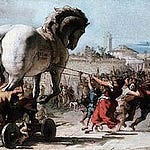


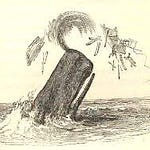
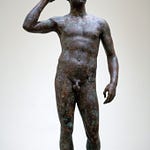
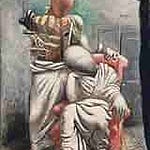
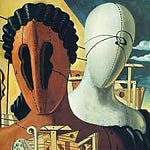
Share this post